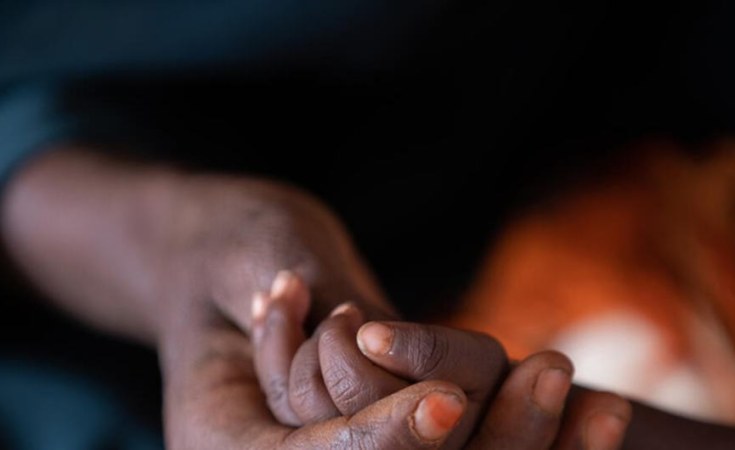WHO said almost 100 million people are pushed into extreme poverty every year due to out-of-pockets spending for health care.
At least half of the world's population does not have access to essential health services, the World Health Organisation (WHO) said on Thursday.
The organisation said almost 100 million people are pushed into extreme poverty every year due to out-of-pocket spending for health care services.
The WHO country representative, Walter Mulombo, made this known at the sixth annual conference of the Association of Nigeria Health Journalists (ANHEJ) currently holding in Akwanga, Nasarawa State.
Represented by the agency's field presence cluster lead, Ahmed Khedr, Mr Mulumbo said Universal Health Coverage (UHC) cannot be achieved until everyone has access to affordable health services.
He said UHC means ensuring that all people have access to quality, promotive, preventive, curative, and rehabilitative health services needed at an affordable cost.
Mr Mulombo said health is a right for all, irrespective of economic and social standing, adding that health services should be accessible for all without the risk of financial hardship.
"Indeed no one should get sick, be denied healthcare, or die just because they are poor or because the services they need are too far away from where they live," he said.
ANHEJ conference
The event themed: "Universal Health Coverage (UHC): How Can Nigeria Get it Right? -the Role of Media," is organised by ANHEJ in collaboration with WHO.
Speaking at the event, ANHEJ's President, Hassan Zaggi, said the annual conference creates an opportunity to reflect and take a critical look at current issues in the health sector.
Mr Zaggi said the majority of Nigerians have poor health seeking behaviour which he noted can be linked to out-of-pocket expenditure.
"When people especially those in rural communities are sick, the nearest facility is the Primary Health Centre (PHC) which unfortunately most people cannot access due to out-of-pocket payment," he said.
Nigeria's situation
The WHO country representative said healthcare in Nigeria is financed predominantly by households, who pay out of their pockets.
He said with healthcare out-of-pocket expenditure at 70.5 per cent of the Current Health Expenditure (CHE) in 2019, General Government Health Expenditure as a percentage of the GDP was 0.6 per cent, while government expenditure per capita was $14.6 compared with WHO's $86 benchmark for UHC.
He lamented that Nigeria currently bears the highest burdens of tuberculosis and paediatric HIV while accounting for 50 per cent of neglected tropical diseases in Africa.
He said although the prevalence of malaria is declining, the country still contributes 27 per cent of global cases and 24 per cent of global deaths.
"While the poorest households feel the heaviest impact of these inefficiencies and poor health outcomes as they have limited access to essential health services, the negative externalities pose huge losses to the Nigerian economy," he said.
Mr Mulombo said there is no single pathway to UHC, as all countries must find their own way in the context of their own social, political and economic circumstances.
He, however, said the foundation everywhere must be a political commitment to building a strong health system, based on primary care and emphasis on disease prevention and health promotion.
"Such health systems do not only provide the best health outcomes; they are also the best defence against outbreaks and other health emergencies," he said.
He noted that UHC and health security are truly two sides of the same coin.


